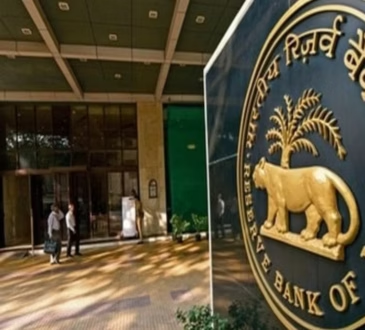Asian emerging market equities rallied the most in more than two years on Thursday as traders snapped up beaten-down stocks after U.S. President Donald Trump said he would pause the implementation of hefty tariffs hours after they came into force.
An MSCI gauge of EM Asian stocks leapt 4% in their biggest one-day gain since mid-November 2022. A subset of equities in ASEAN countries surged about 5% to mark their best day since the start of the COVID-19 pandemic.
Most regional currencies also appreciated against the U.S. dollar: Malaysia’s ringgit and Indonesia’s rupiah rose 0.5%. The latter hit an all-time low on Wednesday.
Trump’s about-face came after his punitive tariffs on most trading partners triggered carnage in global financial markets that sent equities spiralling towards bear territory at a breakneck pace, sparked a sell-off in U.S. Treasuries and erased trillions in value.
Singapore’s FTSE Straits Times index surged as much as 9% after plunging 15% from a record high in less than two weeks. Benchmarks in Indonesia, Malaysia and Thailand also jumped about 5% in morning trade.
“The 90-day pause in reciprocal tariffs seems to reduce the likelihood that Emerging Asia is headed for its worst GDP (gross domestic product) outcomes in this highly fluid moment in global economic history,” analysts at Barclays wrote.
Stocks tumble again as US hits China with 104% tariffs, Treasuries slammed
“But it does not, in our view, mean that the region is out of the woods yet.”
Trump’s temporary relief excluded China, Southeast Asia’s largest trading partner and source of investment. Rather, he hiked import levies on Asia’s biggest economy to 125% after Beijing responded to Trump’s initial tariffs with a duty of 84% on U.S. goods.
The tit-for-tat moves by the world’s two biggest economies have kept traders on the edge of their seats.
“A dial-back in trade antagonism is an aligned interest but unfortunately not imminently assured,” said Vishnu Varathan, head of macro research for Asia excluding Japan at Mizuho Bank.
“Instead, the more likely outcome is an extended standoff (in coming weeks), with significant risks of further escalation.”
Equities in China rose while those in Hong Kong advanced more than 3%, though China’s yuan fell to its weakest since the global financial crisis against the backdrop of the intensifying trade war with the U.S.
Meanwhile, Philippine stocks jumped more than 2%, while its currency, the peso, was largely unchanged ahead of a central bank monetary policy meeting.
Financial markets in India were closed for a holiday.




